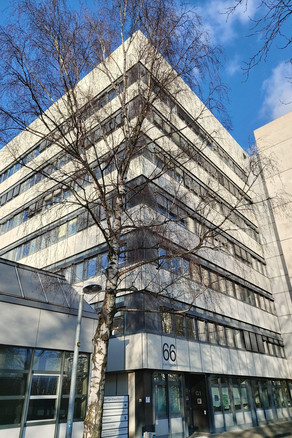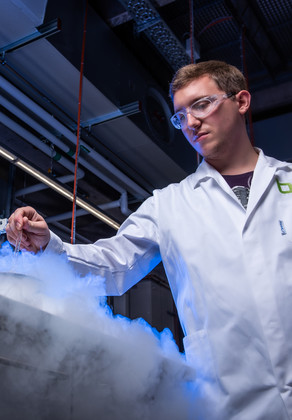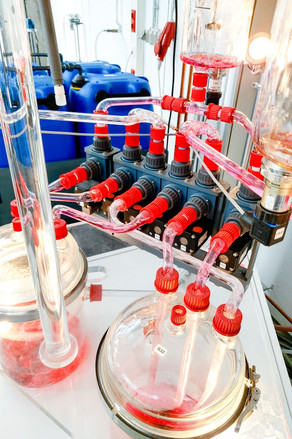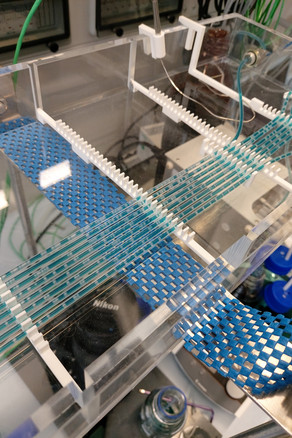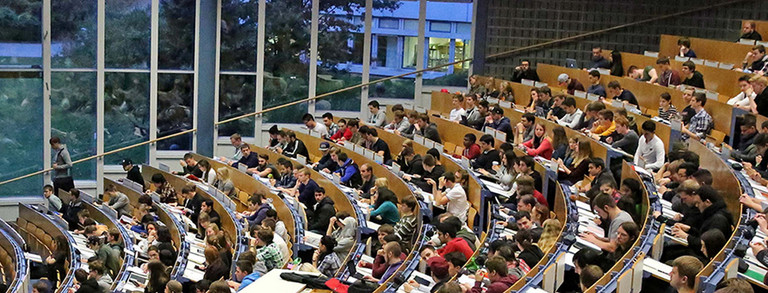Master in Chemical Engineering@TU Dortmund
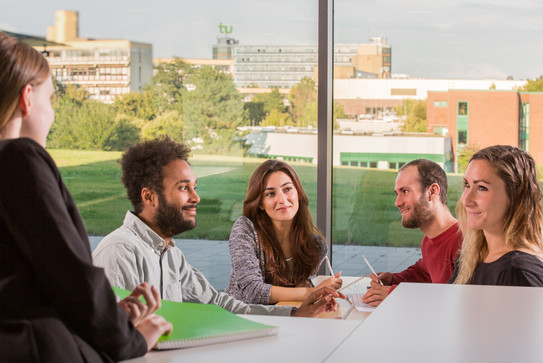
In 2001 the Department of Biochemical and Chemical Engineering started to offer an internationally oriented programme in Chemical Engineering. This programme has been developed into the Master’s Programme “Chemical Engineering, Specialisation Process Systems Engineering” with the first alumni leaving TU Dortmund university in 2009. Far more than 100 alumni with interesting jobs all over the world prove the enormous success of the program. Consult our alumni group on linkedin to learn more.
Obligatory preparatory semester
The programme lasts at least three semesters. It is intended for students having a bachelor's degree in chemical engineering or its equivalent and starts in summer semester.
However, students having passed a bachelor's programme of less than 7 semesters or a non-ECTS* bachelor programme have to start with an obligatory preparatory semester (first semester) in winter, starting in October.
Thus the course lasts two years.
The preparatory semester is recommended also for ECTS (European Credit Transfer System) bachelors. Only after the successful completion of the preparatory semester by the end of the following summer semester students are admitted to further Master's studies in the next semesters.
Chemical Engineering, Specialization Process Systems Engineering
The education in this specialisation will enable you to work on the design and operation of complex chemical and biochemical production systems using mathematical models and modern computer tools like Aspen, GProms for simulation and optimisation.
This comprises advanced control and production scheduling methods as well as the analysis and description of experimental data.
Process Systems Engineering has a great demand in the market as it enables a chemical engineer to acquire all the knowledge necessary not just for designing a chemical plant but also for its simulation and optimization. In this programme you will have the opportunity to learn subjects like Process Control, Industrial Automation etc. which will enable you to be at par with the electronics involved in a chemical plant.
Beyond a sound engineering knowledge, you will acquire a working knowledge of German and technical English and develop social skills through group projects and seminars. Our students learn in a truly international class and work together with fellows from other countries, cultures and backgrounds. Joint work in tutorials, labs and project groups will broaden your horizon and enable you to interact respectfully in international teams and organisations.
- Programme brochure PDF (603 KB)

